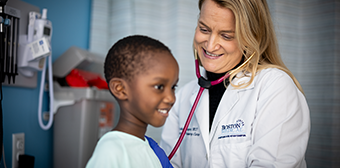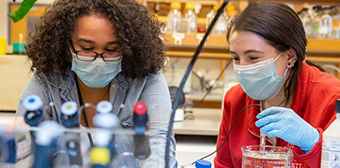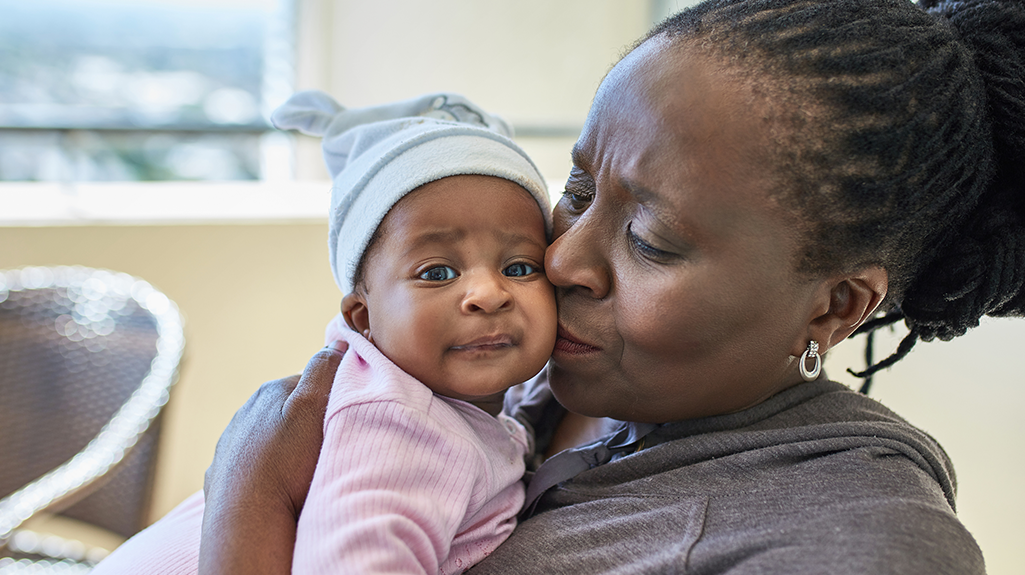In Boston, the difference in life expectancy between our richest and poorest zip codes is 23 years. At Boston Medical Center, we know that closing this gap requires creative community, government and corporate partnerships, innovative thinking, and you.
Our Patients
30%
of our patients identify as Black. 1 in 4 identify as Latinx.
75%
of our patients come from underserved populations, such as the low-income and the elderly, who rely on government payers such as Medicaid and the Health Safety Net for coverage.
30%
of our patients speak a primary language other than English.
Our work doesn’t stop at delivering exceptional care and leading inclusive research—your donation of any amount also helps us provide access to healthy foods, safe housing, employment, and more. Explore community and patient stories, hear from supporters like you, and see the impact your giving makes possible.

Your Impact
Learn how your generous support makes a difference for BMC patients in Boston and neighboring communities.

Meet Our Supporters
Hear from our donors, fundraisers, and people like you about why giving to BMC is important to them.

BMC Leads
Thanks to people like you, BMC is leading the way in health equity, food as medicine initiatives, and more.

Stories
Learn about our leading work in health justice. Meet our patients whose resilience inspires everything we do. Get to know the supporters who stand with our clinicians and researchers as we ensure good health for everyone.
